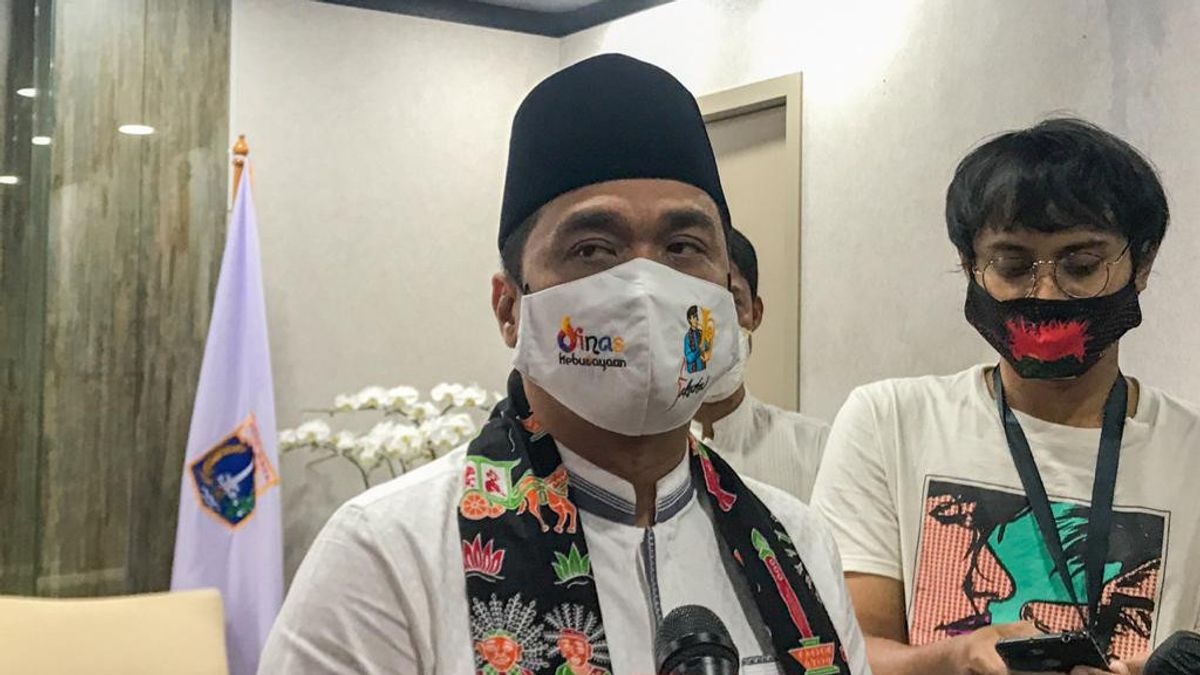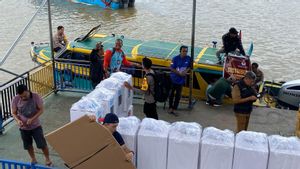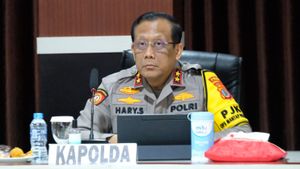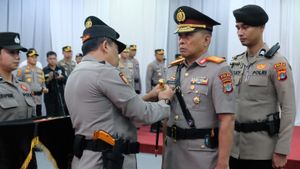JAKARTA - Deputy Governor of DKI Jakarta, Ahmad Riza Patria, admitted that the DKI Jakarta Provincial Government has not yet been able to decide on reopening schools with face-to-face learning.
This was conveyed after the existence of a joint decree from four ministries regarding guidelines for implementing learning for the 2020-2021 school year which allowed the opening of schools in all risk zones for COVID-19.
According to Riza, the reason the DKI Jakarta Provincial Government has not been able to decide to implement face-to-face learning in Jakarta is because it is still seeing the development of the COVID-19 case in the future.
"It cannot yet be decided whether to be ready to open schools or not. This corona virus could suddenly increase next week, next week it will decline. So everything really depends on the existing facts and data," said Riza at the City Hall of DKI, Central Jakarta, Friday , 20 November.
After the Minister of Education and Culture (Mendikbud) gave the green light for opening schools, Riza said that his party would review the mechanism together with several related experts.
"Later, we will review it. Of course there is a mechanism, internally we will discuss it with the Health Service, the Education Office, and also with experts such as epidemiologists, and so on," he said.
In addition, the DKI Provincial Government also looks at the regional risk zone conditions in each school. "Whether (the school) is in the red zone or not, is it possible, what are the supporting facilities and infrastructure. It does not open or close arbitrarily," said Riza.
Minister of Education and Culture Permits Schools to OpenMinister of Education and Culture (Mendikbud) Nadiem Makarim has allowed local governments to open schools or carry out face-to-face learning activities starting January 2021. The opening of these schools is no longer based on zoning for the spread of COVID-19 as he had previously conveyed.
With the time lag for face-to-face learning, Nadiem hopes that local governments and schools can prepare themselves.
"If you want to meet face to face, you must immediately increase your readiness to implement this from now until the end of the year," said Nadiem.
Nadiem explained that the decision to open schools will be taken by three interested parties, namely the local government, regional offices (Kanwil) and parents through the school committee.
Even though face-to-face learning is carried out, parents can determine whether their children attend school or not. Given that face-to-face learning is only allowed, not compulsory for all students.
"So, even if the school is opened, I have to emphasize again, that parents can still not allow their children to do face-to-face learning. Even though the school is open, the final decision is still up to the parents," he said.
The English, Chinese, Japanese, Arabic, and French versions are automatically generated by the AI. So there may still be inaccuracies in translating, please always see Indonesian as our main language. (system supported by DigitalSiber.id)








